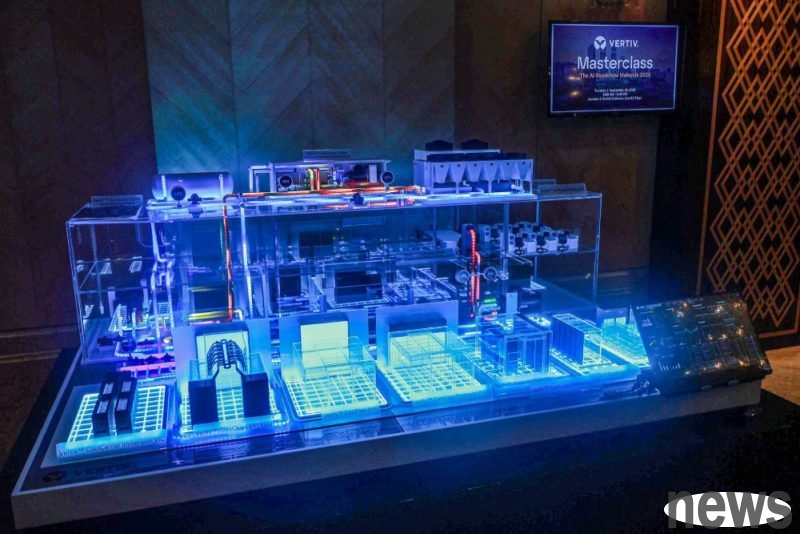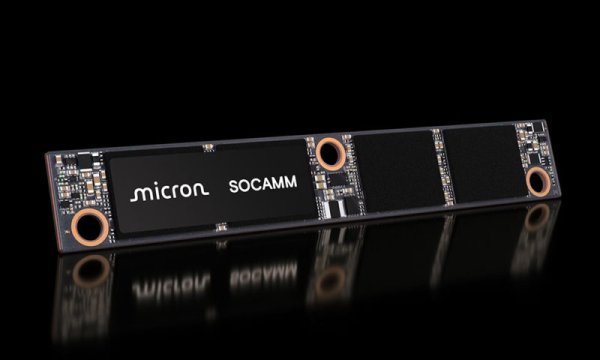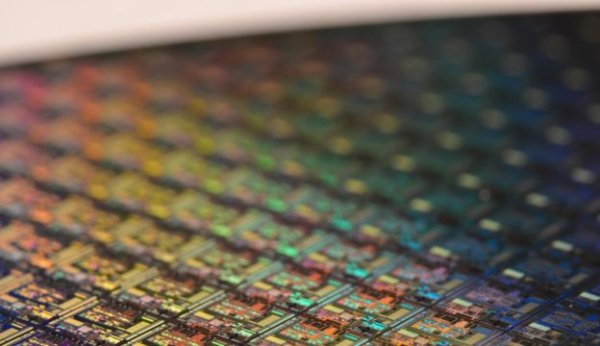Micro-soft push to dissipate heat black technology haze and heat manager Vertiv has a high status

Vertiv, a designer of the new heat dissipation technology of "microfluidics" and power and heat management system killed under stock prices, was recently shocked by Microsoft Corp., and its stock price rose sharply, setting a record high.
According to the US financial investment website Stock Story on the 1st, Barkle decided to significantly upgrade the Vertiv target price from $128 to $145, mainly because the demand for AI-based construction remains strong, but investment evaluations remain unchanged. Not only Buckley, Goldman Sachs has also raised its Vertiv target price recently.
The demand for basic construction of data centers has increased, and Vertiv's strong market position has become the root cause of general bullishness in Huaer Street securities companies. Ruijiang maintains Vertiv investment evaluation at "buy" and has a target price of US$173, indicating that the securities believe that even in the face of potential competition, the company's prospects are still very good.
Vertiv's 1st news surged 7.11%, closing at $161.59, a record high in history; it has risen by 42.23% so far this year.
Microsoft released a news release on September 23 that it has successfully tested a new cooling system, with heat dissipation effect three times better than the current advanced cooling technology, cold plates. This system uses microfluidic technology to directly direct the coolant into the wafer that generates a heat source. The researchers etched tiny channels on the back of the wafer, and the created grooves allow the cooler to flow directly through the wafer, more effectively carrying away heat energy. The micro-square team also uses AI to identify unique heat signals on chips to guide cold agents more accurately.
Researchers say that microfluidics can improve efficiency and improve permanence of next-generation AI chips. Most of the picture processors (GPUs) installed inside the data center are heat-dissipated with cold plates. These boards are far away from the heat source, so their heat dissipation capabilities are limited.
Sashi Majety, senior technical project manager of the Microsoft Cloud Operation and Innovation Department, said at the time that the performance of each generation of AI chips will increase and the heat will be generated. He believes that within five years, those who are still highly esteeming traditional cold plate technology will inevitably fall into trouble.
According to simulation, the "in-chip microfluidic cooling system" successfully developed by Microsoft is a server that can effectively cool down to provide core services for Teams meetings.
Extended reading: Micro-soft turns off a cold revolution? Hot business: There is still a considerable distance when leaving business New solution to reduce temperature of AI chips! Micro-File is experimenting with "microfluidic" heat dissipation technology



